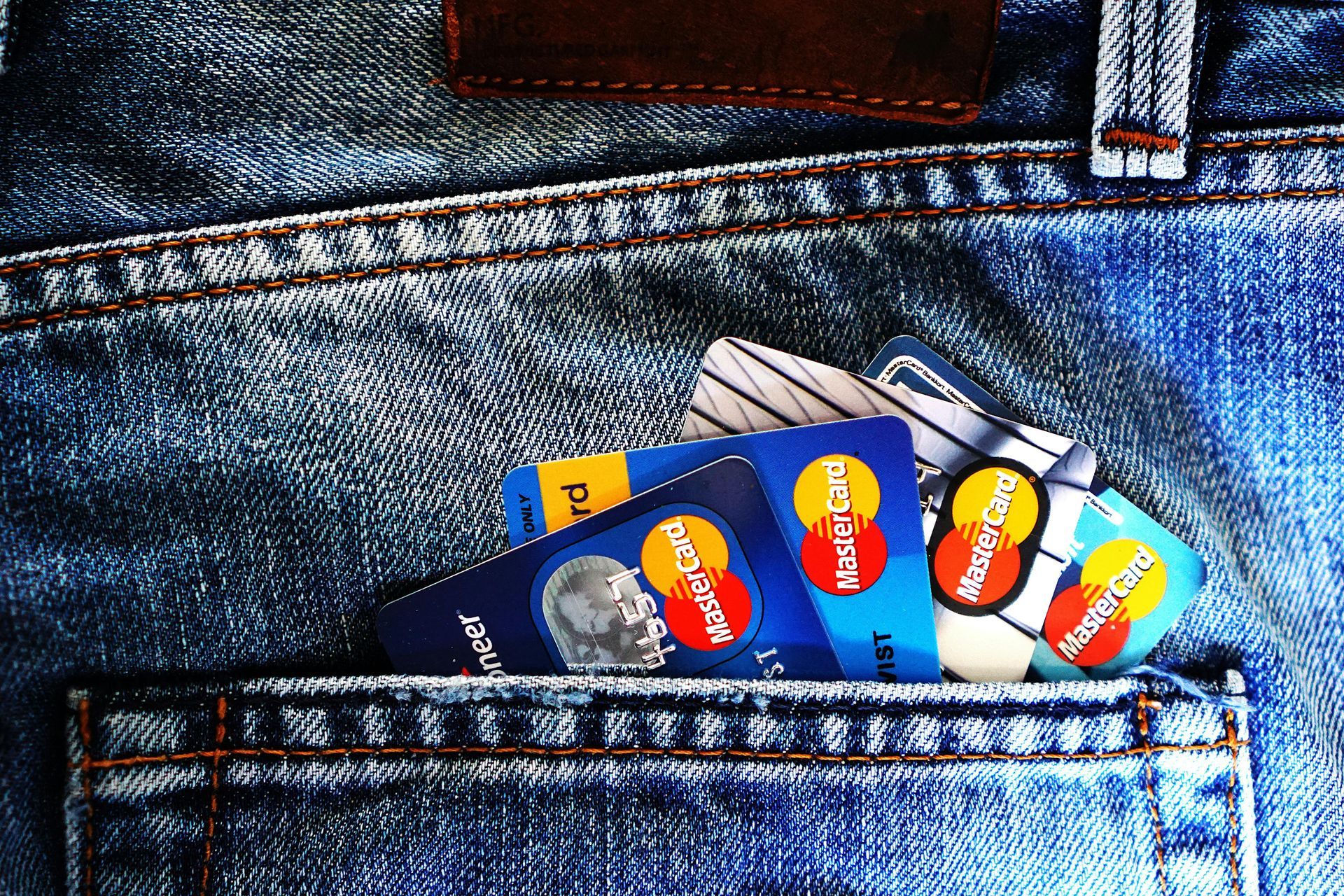What Types of Debts Can Be Discharged in Chapter 13 Bankruptcy in Wyoming?
What Types of Debts Can Be Discharged in Chapter 13 Bankruptcy in Wyoming?
Filing for Chapter 13 bankruptcy in Wyoming gives individuals a structured way to manage overwhelming debt while protecting their assets. Unlike Chapter 7, which liquidates certain property to pay creditors, Chapter 13 allows you to create a repayment plan lasting three to five years. At the end of that plan, some debts may be discharged, meaning you are no longer legally responsible for paying them.
Debts Eligible for Discharge in Chapter 13
While each case is unique, some common types of debt that may be discharged under Chapter 13 include:
- Credit card debt – Unsecured credit card balances are often discharged once your repayment plan is complete.
- Medical bills – Medical expenses not covered by insurance may be forgiven after repayment.
- Personal loans – Many unsecured personal loans are dischargeable.
- Utility bills – Past-due utility payments can be included and may be discharged.
- Certain old tax debts – In limited circumstances, some older income tax debts can qualify for discharge if they meet strict requirements.
Debts That Are Not Discharged
Not all debts can be eliminated under Chapter 13. Obligations such as child support, alimony, certain tax debts, most student loans, and debts related to fraud or criminal restitution generally must still be paid. However, Chapter 13 may allow you to restructure these payments to make them more manageable.
The Benefit of Chapter 13 in Wyoming
One of the biggest advantages of Chapter 13 is the ability to catch up on secured debts like mortgages and car loans while keeping your property. Even if some debts cannot be discharged, this type of bankruptcy offers breathing room and a clear path toward financial stability.
At Wiggam Law Office, LLC, we can provide legal assistance to the Cheyenne public. If you are struggling with debt and considering bankruptcy, we can help you understand your options under Chapter 13.







